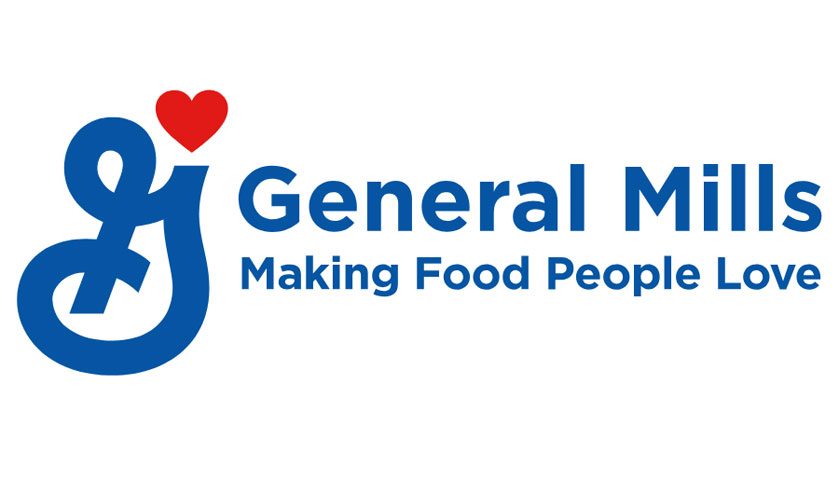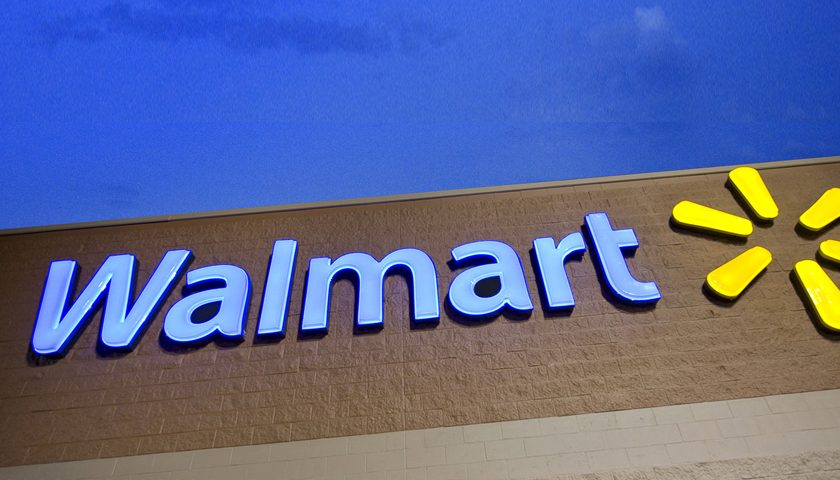Walmart Inc. has announced that it has closed its previously announced $2 billion inaugural green bond offering. Net proceeds will be allocated to fund current and prospective projects to advance Walmart’s sustainability goals.
The green bond is Walmart’s first offering under the company’s Green Financing Framework, published August 2021, which details the company’s alignment with the 2021 Green Bond Principles, administered by the International Capital Markets Association (ICMA).
“The closing of our first-ever green bond offering directs capital toward projects that will advance our environmental sustainability goals now and in the years to come. These goals include achieving 100% renewable energy by 2035 and zero emissions in our operations by 2040,” said Kathleen McLaughlin, Executive Vice President and Chief Sustainability Officer, Walmart. “Becoming a regenerative company is a journey. This green bond signals that we continue to make headway. We remain steadfast in our commitment to addressing climate change, transitioning to a circular economy and restoring natural ecosystems, all while supporting the communities in which we operate.”
Walmart intends to allocate an amount equal to the net proceeds of the $2 billion offering toward a portfolio of Eligible Green Investments within the following Eligible Green Categories:
- Renewable energy projects, including supporting infrastructure such as micro grids and energy storage to reduce emissions and transition away from fossil fuel use.
- High performance buildings projects related to making Walmart’s facilities more energy efficient.
- Sustainable transport projects related to Walmart’s operations, supply chain or customers, such as electric, hydrogen and hybrid vehicles.
- Zero waste and circular economy projects focused on waste prevention, waste reduction, and waste recycling for Walmart’s facilities, supply chain and in the communities where Walmart operates, including closed-loop material flows and resource-efficient packaging and distribution.
- Quality and efficient water stewardship projects and technologies, including water efficiency, water conservation and water quality projects such as upgrading water fixtures and irrigation systems, water monitoring and controls, and investment in water harvesting, treatment and recycling infrastructure.
- Habitat restoration and conservation centered on the preservation, restoration and management of natural landscapes including the protection of coastal, marine and watershed environments.
On an annual basis, Walmart will issue a public report with information on the allocation of bond proceeds to Eligible Green Investments until an amount equal to the net proceeds of the green bond has been allocated. In addition, Walmart will, on a best efforts basis, provide impact reporting to support its allocation reporting.
The green bond is part of $7 billion of new senior unsecured notes that the company successfully closed across 5-, 7-, 10-, 20- and 30-year tranches.
Leading the green bond as active bookrunners were four nationally recognized minority- and women-owned firms, including African-American and service-disabled veteran-owned AmeriVet Securities, Inc., women-owned C.L. King & Associates, Inc., Hispanic-owned Samuel A. Ramirez & Company, Inc. and African American- and women-owned Siebert Williams Shank & Co., LLC. BofA Securities, Inc., Citigroup Global Markets Inc. and Morgan Stanley & Co. LLC also served as active bookrunners on the green bond. BofA Securities, Inc. was the Green Structuring Agent, while Citigroup Global Markets Inc. served as Diversity and Inclusion Coordinator.
“Walmart is committed to furthering our relationships with minority owned businesses, and we’re pleased that our inaugural green offering included the work of four nationally recognized minority- and women-owned investment banking firms,” said Brett Biggs, Executive Vice President and Chief Financial Officer, Walmart. “Their support is helping to drive both financial and sustainable benefits that we believe will drive positive societal and total shareholder returns.”
Walmart’s Sustainability Strategy
Walmart has a comprehensive ESG strategy and is committed to initiatives under the pillars of Opportunity, Sustainability, Community and Ethics & Integrity.
Climate change has been a top sustainability priority at Walmart since 2005 and the company has worked to reduce and avoid emissions throughout its operations and beyond for more than a decade.
In 2016, Walmart became the first retailer to announce a science-based emissions target designed to achieve emissions reduction in its operations and supply chains. In 2020, Walmart raised its aspiration to reduce operational (Scopes 1 and 2) emissions by realigning its science-based target to a 1.5-degree Celsius trajectory, the highest ambition approved by the Science-based Targets Initiative. Walmart’s goal is to achieve zero emissions across its global operations by 2040, reducing absolute scopes 1 and 2 GHG emissions by 35% by 2025 and by 65% by 2030 from a 2015 base year. Walmart was the first U.S. retailer to make a zero emissions commitment that does not rely on carbon offsets.
In support of these goals, Walmart aims to be supplied by 100% renewable energy by 2035 across its global operations, electrify and zero out emissions from all its vehicles, including long-haul trucks, by 2040 and transition to low-impact refrigerants for its facilities by 2040.
In 2017, Walmart launched Project Gigaton™, an initiative with its suppliers to avoid one billion metric tons (a gigaton) of greenhouse gases in the global value chain by 2030 by focusing on areas including energy use, product design and use, waste and packaging.



